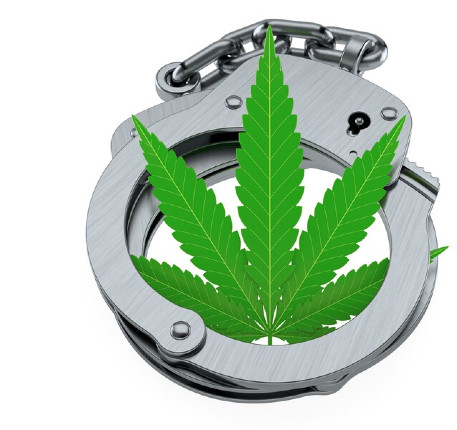
Understanding
MARIJUANA POSSESSION
Laws in Texas

Marijuana possession is a criminal offense in Texas, and the penalties for being caught with even small amounts of marijuana can be severe. Whether a person is from a large city like Dallas or a smaller community like Waxahachie, individuals caught with marijuana will face the same legal consequences as those in other parts of the state. Here, we will discuss the specifics of marijuana possession in Texas, including the penalties and potential defenses.
Under Texas law, possession of any amount of marijuana is illegal. The severity of the offense depends on the amount of marijuana found in a person's possession. Possession of less than two ounces is considered a Class B misdemeanor, punishable by up to 180 days in jail and a fine of up to $2,000. Possession of two to four ounces is a Class A misdemeanor, carrying a penalty of up to one year in jail and a fine of up to $4,000.

If someone is caught with larger amounts of marijuana, the penalties become more severe. Possession of four ounces to five pounds is a felony, punishable by up to two years in prison and a fine of up to $10,000. Possession of five to 50 pounds is a third-degree felony, carrying a penalty of up to 10 years in prison and a fine of up to $10,000. Possession of more than 50 pounds is considered a first-degree felony, carrying a penalty of up to life in prison and a fine of up to $50,000.
While it is illegal to possess marijuana in Texas, there are potential defenses that can be used against these charges by a good criminal law lawyer. For example, the lawyer may be able to argue that the search that led to the discovery of the marijuana was illegal. Additionally, if someone was in possession of marijuana for medical purposes, they may be able to use this as a defense. However, medical marijuana is not yet legal in Texas, so this defense would be challenging to prove.
Despite several states legalizing marijuana for medical or recreational use, Texas has yet to take that step. However, there have been efforts to reduce the severity of marijuana possession penalties in the state, such as the expansion of the Compassionate Use Program in 2019, which allows for the use of low-THC cannabis for medical purposes.